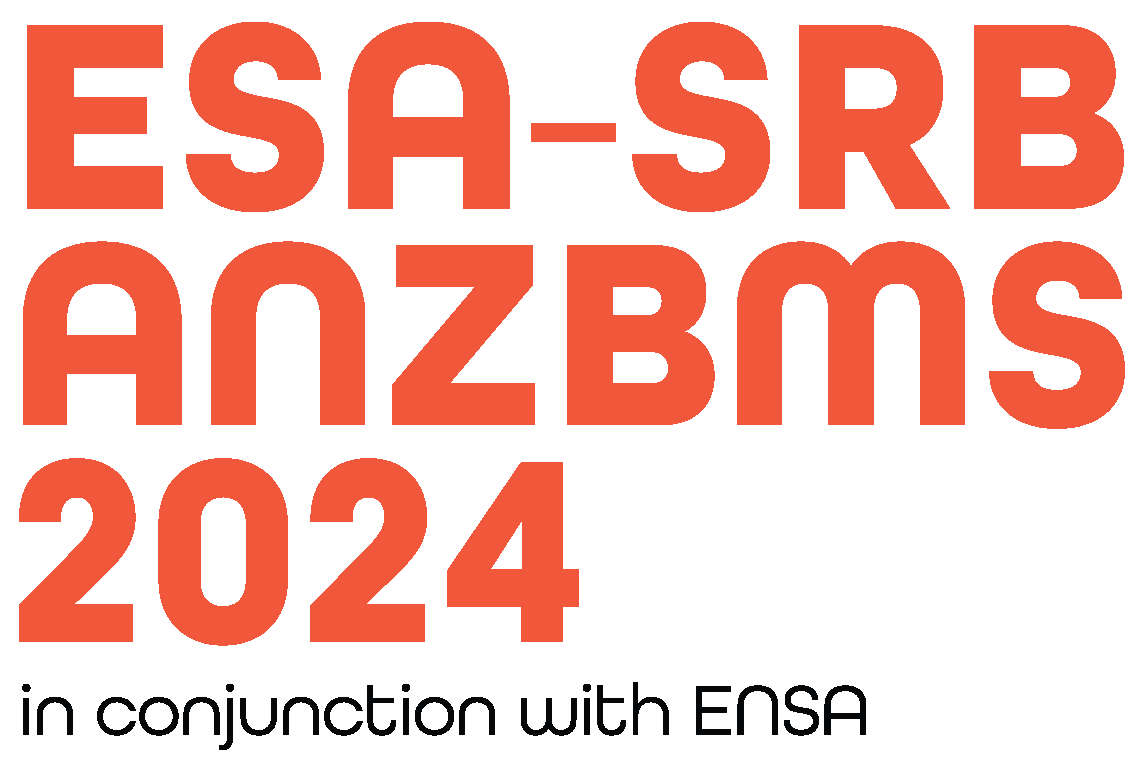Professor Zane Andrews
Monash Biomedicine Discovery Institute
Professor Andrews is internationally recognised for his work on the neuroendocrine control of energy homeostasis and behaviour. He is currently the Editor-in-Chief for Endocrinology, president of Hypothalamic Neuroscience and Neuroendocrinology Australasia (HNNA), and a council member on the International Neuroendocrine Federation. Professor Andrews uses preclinical animal models and viral genetic techniques to study how the brain controls food intake and associated behaviours. This includes the role of homeostatic and hedonic systems, and how they interact to influence both the need and the desire to eat. His lab is particularly interested in why and how the brain promotes the overconsumption of highly palatable energy dense foods and how this contributes to obesity. His group uses modern neuroscience techniques such as in vivo calcium imaging, optogenetics and chemogenetics to probe the physiological and behavioural function of neural circuits regulating appetite. He focuses on the hormone ghrelin, as a key hormonal signal of hunger, and AgRP neurons, as key hunger-sensing, neurons. His current work focuses on how these hunger-sensing systems control food intake and related behaviours such as reward, motivation, mood, memory and cognition.

